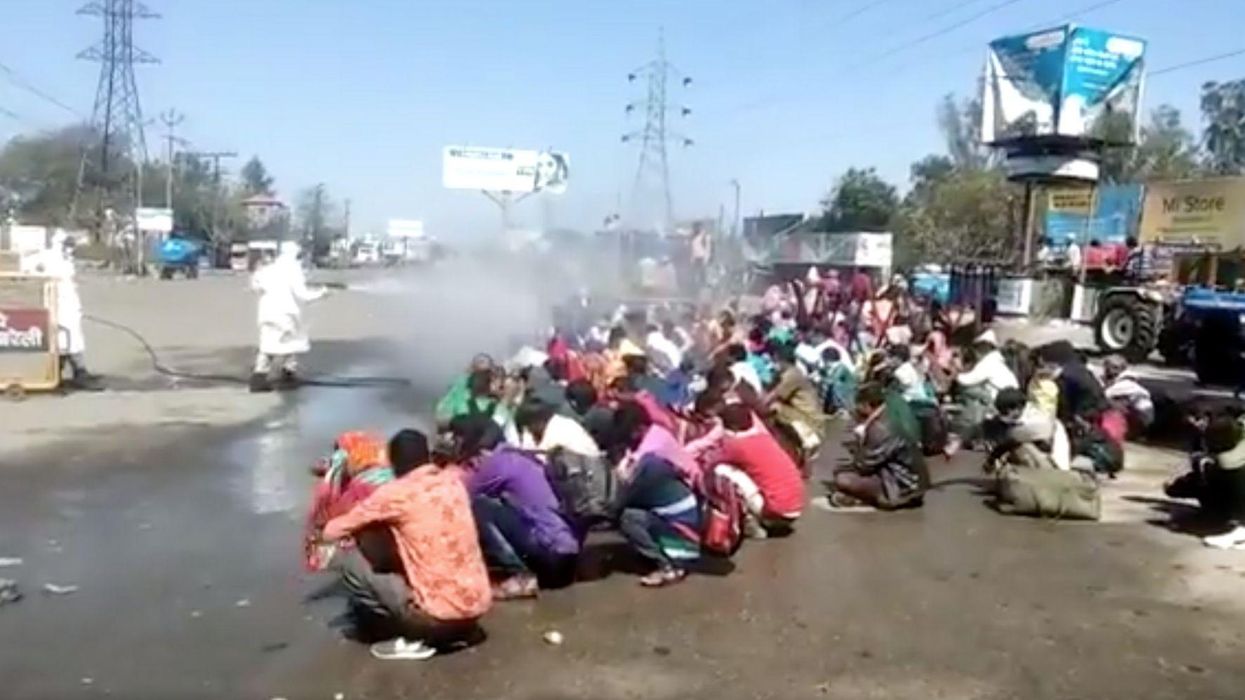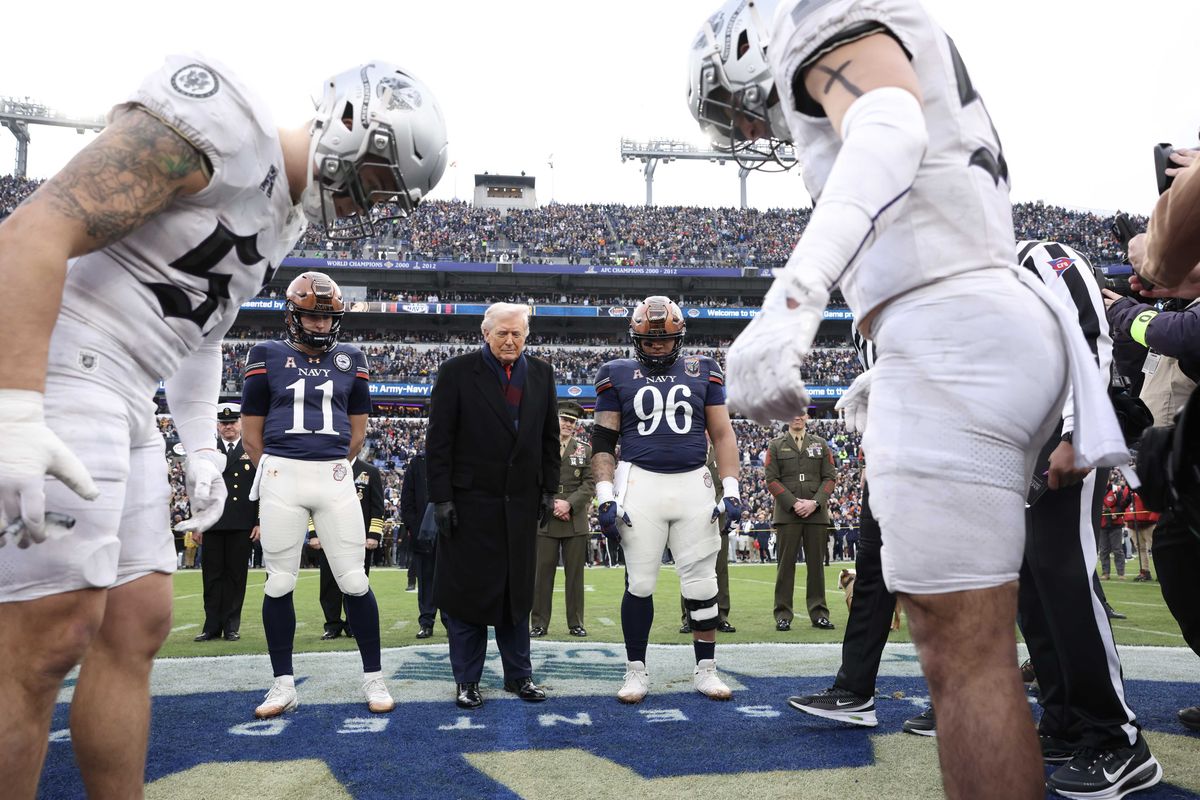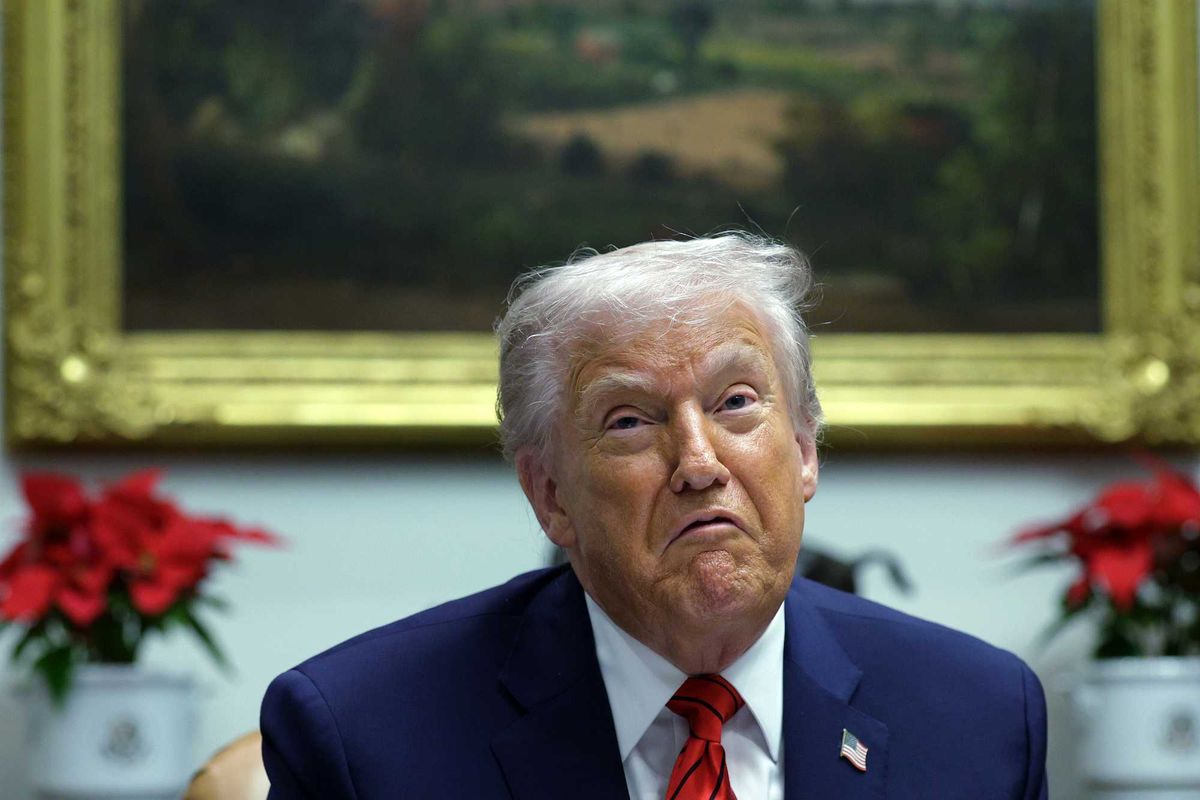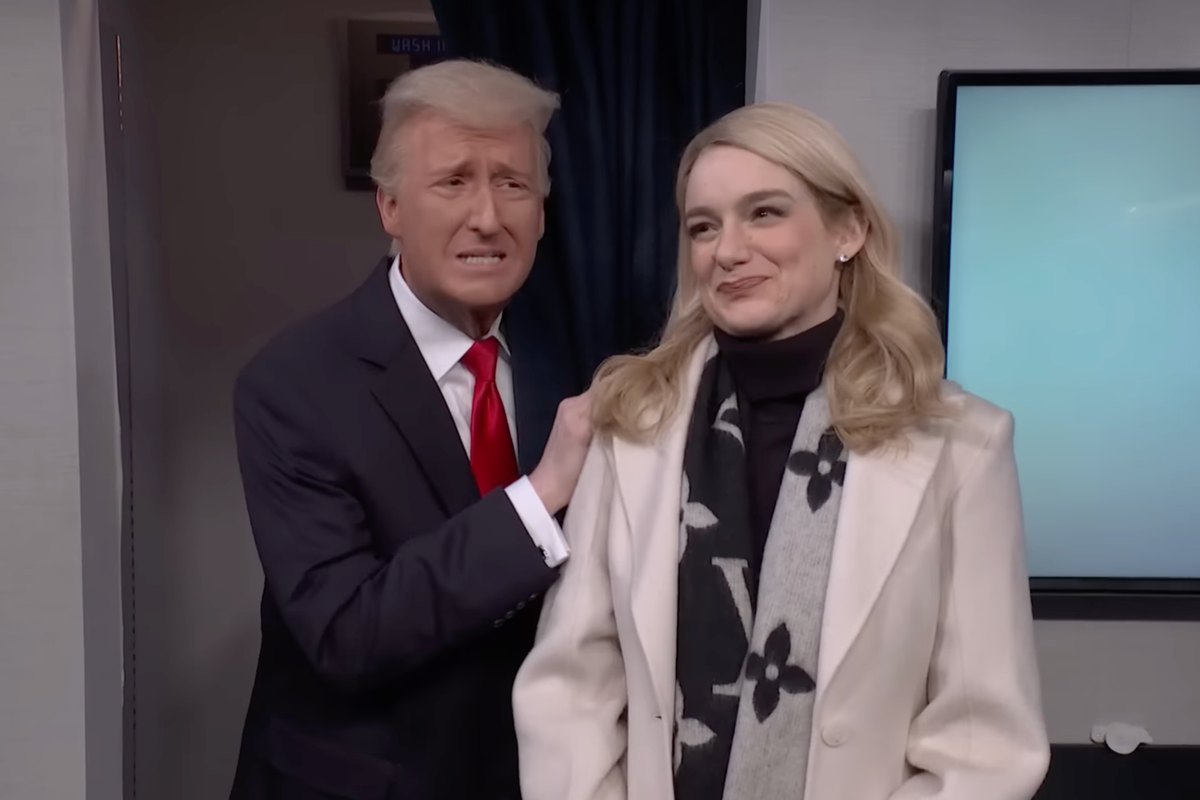Officials in the Indian state of Uttar Pradesh have come under fire for spraying people trying to enter the city with a bleaching powder in an effort to protect against coronavirus.
Shocking video showed officials in protective gear spraying a group of crouching people with sodium hypochlorite solution – the main ingredient in laundry bleach.
They then turn around to make sure they’re sprayed on both sides of their body.
Another video of migrant workers and their families being forced to bath with chemical upon their return to Bareill… https://t.co/H4K2TzpIn7— TOI Bareilly (@TOI Bareilly) 1585564363
Ashok Gautam, a senior officer in charge of coronavirus operations in Uttar Pradesh, confirmed around 5,000 people had been sprayed with the disinfectant.
We sprayed them here as part of the disinfection drive, we don't want them to be carriers for the virus and it could be hanging on their clothes, now all borders have been sealed so this won't happen again.
The World Health Organization advises against this practice and states on their website:
Spraying alcohol or chlorine all over your body will not kill viruses that have already entered your body. Spraying such substances can be harmful to clothes or mucous membranes (i.e. eyes, mouth). Be aware that both alcohol and chlorine can be useful to disinfect surfaces, but they need to be used under appropriate recommendations.
And according to the US National Center for Biotechnology Information:
Ingestion of small volumes of sodium hypochlorite causes burns to the mouth and throat, gastrointestinal irritation, nausea and vomiting.
The reaction to the ‘disinfection drive’ was swift across the country, with federal officials condemning the practice.
Similarly, people took to social media to express their concern and disappointment.
@TOIBareilly With Covid crisis we not only lost people but also our compassion and yes humanity #coronavirus— Pankeka (@Pankeka) 1585582936
@TOIBareilly Its called bleach and is not meant for human consumption.— JamiahAdams (@JamiahAdams) 1585580471
@TOIBareilly How cruel— ✨N U R M I A ✨ (@✨N U R M I A ✨) 1585585860
The spraying of the disinfectant comes about after India’s prime minister, Narendra Modi, announced a nationwide lockdown on Sunday.
As a result, millions flocked from big cities to their rural home cities, after food shortages and job losses.
H/T: CNN














